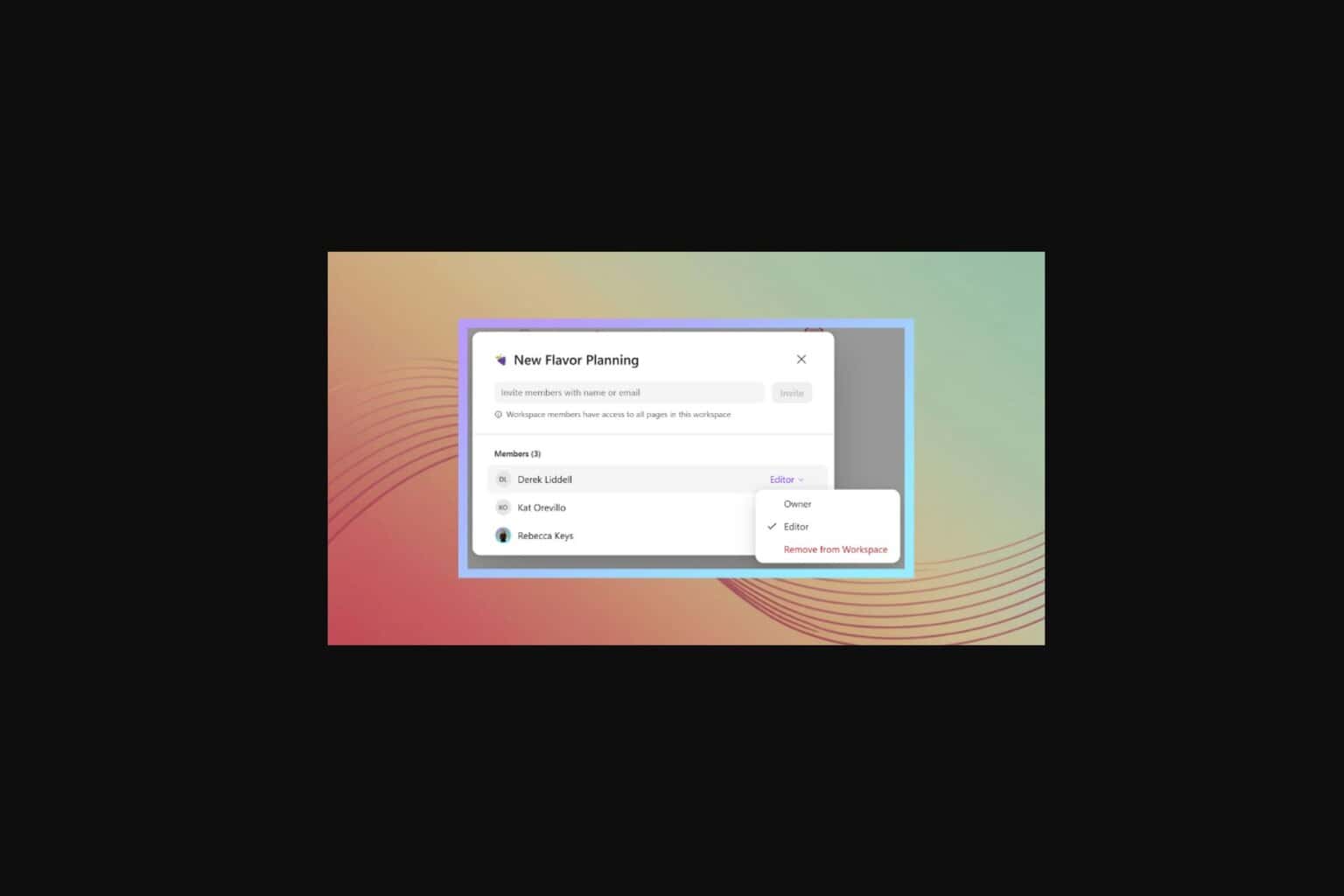
Microsoft Loop will allow users to edit the owner of a workspace
- 25.03.2025 16:05
- windowsreport.com
- Keywords: Collaboration, Workspace Management
Microsoft Loop now lets workspace owners edit user roles between "owner" and "member". The feature is available for admins in the web version with an Entra ID, designed to improve collaboration by simplifying role management.